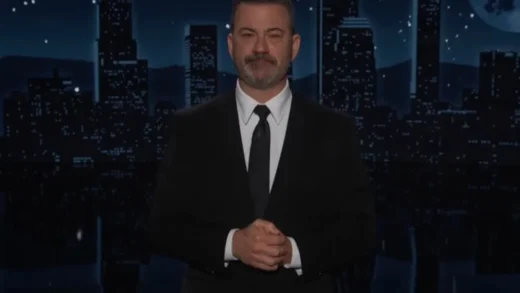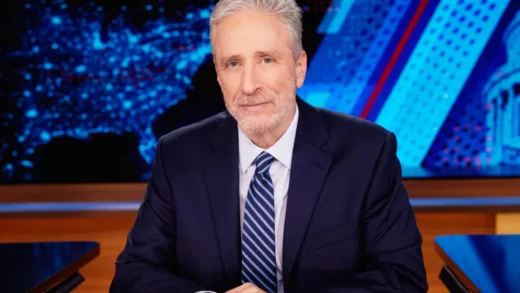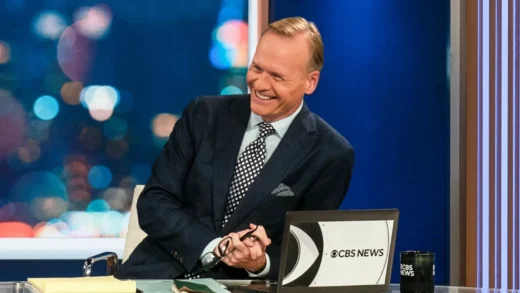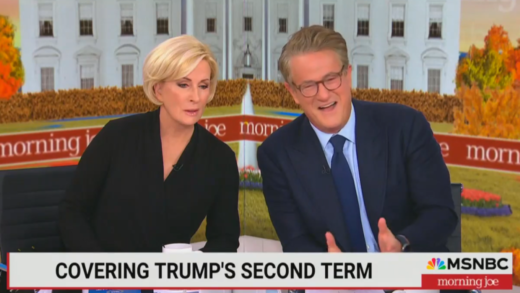
Though film censorship is mercifully infrequent in the western world, the same sadly isn’t true for far-flung countries with distinctly different – and more conservative – political values.
These 15 movies, all of them popular and successful in the west, enjoyed a far less-favourable response overseas, to the extent that they were outright banned…for some mighty silly reasons, too.
From blatant homophobia to China’s various obscure fears of anything that might undermine the state, to misplaced hand-wringing about comedy movies corrupting a nation’s youth, these blanket bannings are among the most absurd and unreasonable that cinema has ever seen.
Granted, in most of the affected regions the black market movie trade thrives as film buffs trade bootleg DVDs, so for the most part, the bans are more a symbolic statement than an actual, effective means of limiting availability.
Still, when you consider how bad things can be politically in the west, just be grateful there’s nobody trying to stop you seeing the latest superhero movie…[/nextpage][nextpage]
15. China Fears Time Travel – Back To The Future
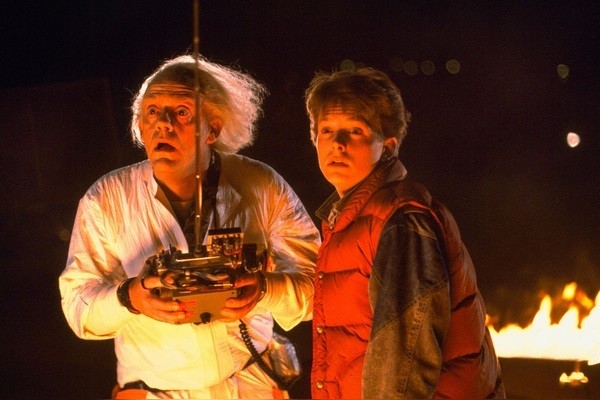
The Reason: Because it features heavy use of time travel (China).
Back in 2011, China began to institute a crackdown on TV and movies which featured time travel plots, for fear that it would encourage a culture of political dissidents attempting to “rewrite history” rather than uphold the country’s current values.
The Chinese government’s statement said, “Producers and writers are treating serious history in a frivolous way, which should by no means be encouraged anymore.”
Strangely, though, China did grant Terminator Genisys a release back in 2015, and perhaps owing to national thirst for big-budget time travel movies, it made more than $110 million in the region despite being absolutely terrible.
Still, it’s absurdly heartless and tone-deaf to think that Back to the Future could be harmful to anyone. Why so serious, China?[/nextpage][nextpage]
14. Humiliating Kim Jong-Il -Team America: World Police
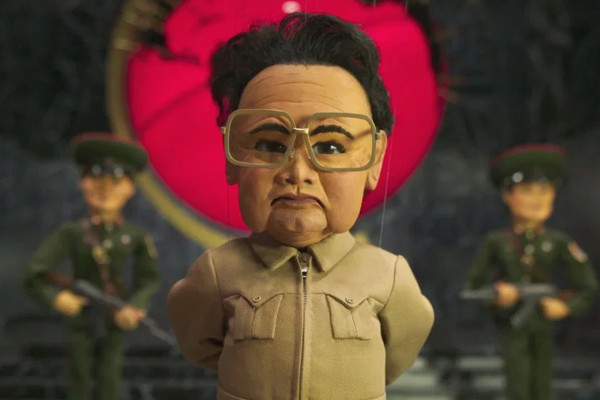
The Reason: For mocking President Kim Jong-Il (North Korea).
Some nations just can’t have a sense of humour or an ear for satire, can they? One of the greatest things about filmmaking in the western world is the freedom it gives artists to comment on the world at large, and that extends to ridiculing contentious and controversial political figures.
North Korea, always one to project an eerily self-serious visage to the outside world – one that’s ironically quite laughable – took none-too-kindly to their illustrious leader being mercilessly ripped apart in Matt Stone and Trey Parker’s incredible puppet musical.
It wasn’t the last time the country famously bristled with Hollywood, though: 2014’s The Interview was also banned by the country for its unflattering depiction of Kim Jong-un. And we all remember how that went.[/nextpage][nextpage]
13. That Chinese Subplot Nobody Remembers – The Departed
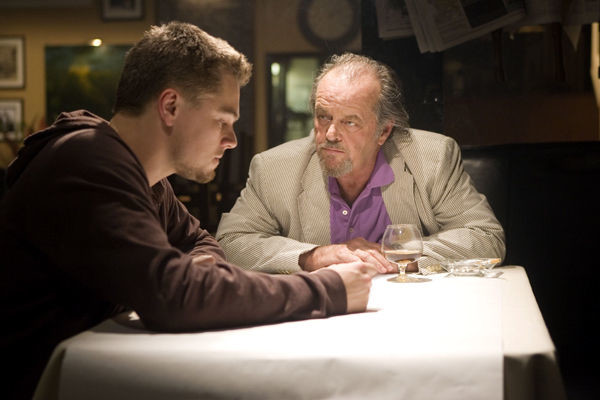
The Reason: A scene in which Chinese secret agents are depicted purchasing advanced military computer hardware from gangsters (China).
You probably don’t remember the subplot – if you can even call it that – in Martin Scorsese’s Best Picture-winning masterpiece where mob boss Frank Costello (Jack Nicholson) makes a shady deal with the Chinese authorities, so it’s pretty ridiculous that China had such a vitriolic knee-jerk response to it.
It’s especially ironic as the film on which The Departed is based, Infernal Affairs, is actually from Hong Kong itself, even if this film, ahem, departs from its predecessor’s script and tone quite significantly.[/nextpage][nextpage]
12. The “Gay Moment” – Beauty & The Beast (2017)
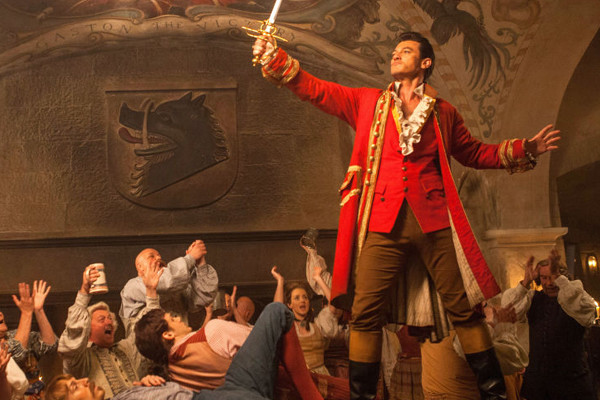
The Reason: For a “gay moment” in which LeFou (Josh Gad) dances with another man (Kuwait and Malaysia).
Wasn’t this a whole lot of nothing? In the lead-up to Beauty and the Beast’s release, word spread online that the film featured a brief gay interaction between LeFou and another man, which had LGBT activists praising Disney (until they saw the film, anyway), while causing the film to be banned in both Kuwait and Malaysia.
To Disney’s credit, they weren’t cowed by Malaysia’s request for cuts, and their firm standing led to the film eventually being released uncut in the country.
Ultimately, even if you accept the homophobes on their own terms, this was blown wildly out of proportion.
LeFou dances with a man for about three seconds at the end of the movie, and any other nods to the character being gay are surface-level innuendo at most, to the extent that many LGBT advocates ended up criticising Disney for playing coy with LeFou’s sexuality.
(Excerpt) Read More at: WhatCulture.com[/nextpage]
